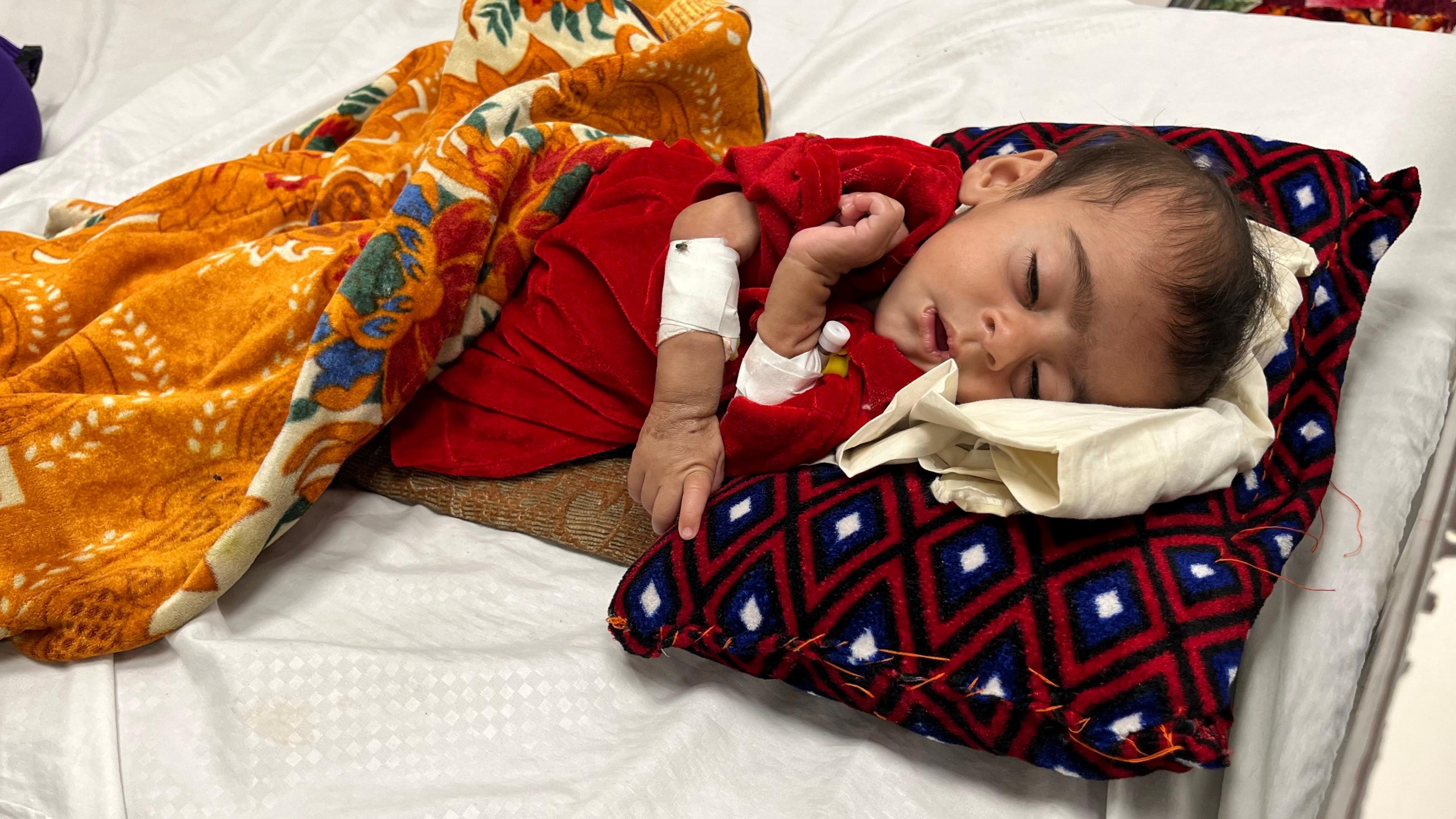Doctor helps to save Afghan babies' lives
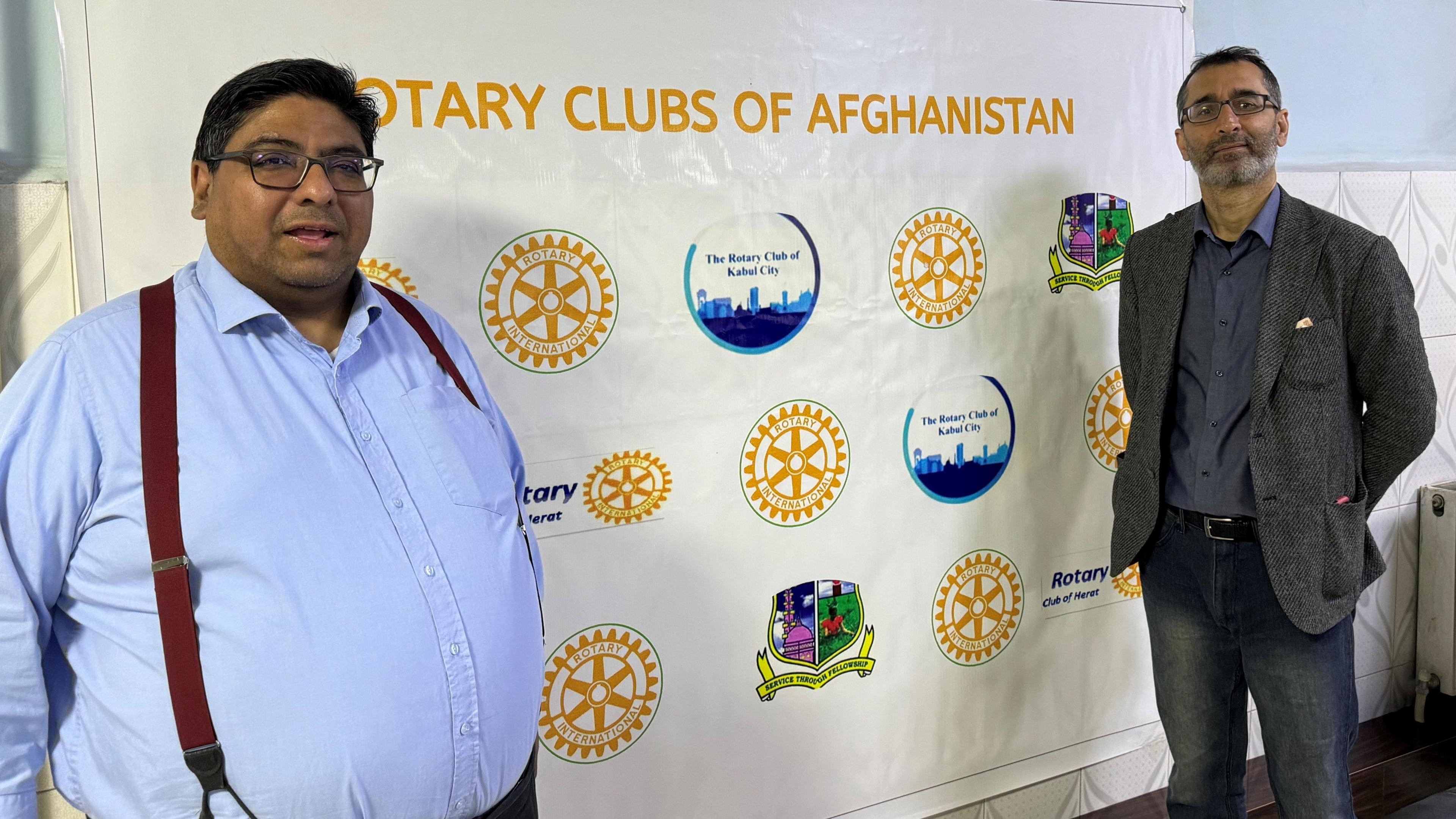
Dr Fernando [L] said Afghanistan had "one of the highest death rates in the world for babies"
- Published
A British doctor who carried out life-saving work in Afghanistan said it will "make a significant difference" to the country's "dire" new-born mortality rates.
About 35 new-born babies die per 1,000 live births in Afghanistan, which is more than 10 times higher than in the UK.
Dr Michael Fernando, who is based in Yeovil, Somerset, said the simple resuscitation course he and his team taught doctors and midwives at a hospital in Kabul, will "save babies lives".
"I'm confident that this will have an ongoing effect in Afghanistan," he added.
Dr Fernando, a consultant paediatrician and associate medical director at Yeovil District Hospital, told BBC Somerset gaining access to Afghanistan was difficult after the Taliban retook power in the summer of 2021.
"It seemed really impossible to deliver the project," he said, citing reasons such as it being illegal for men to train women and for girls of more than primary school age to get education.
But his team was able to "negotiate past all the points", he added.
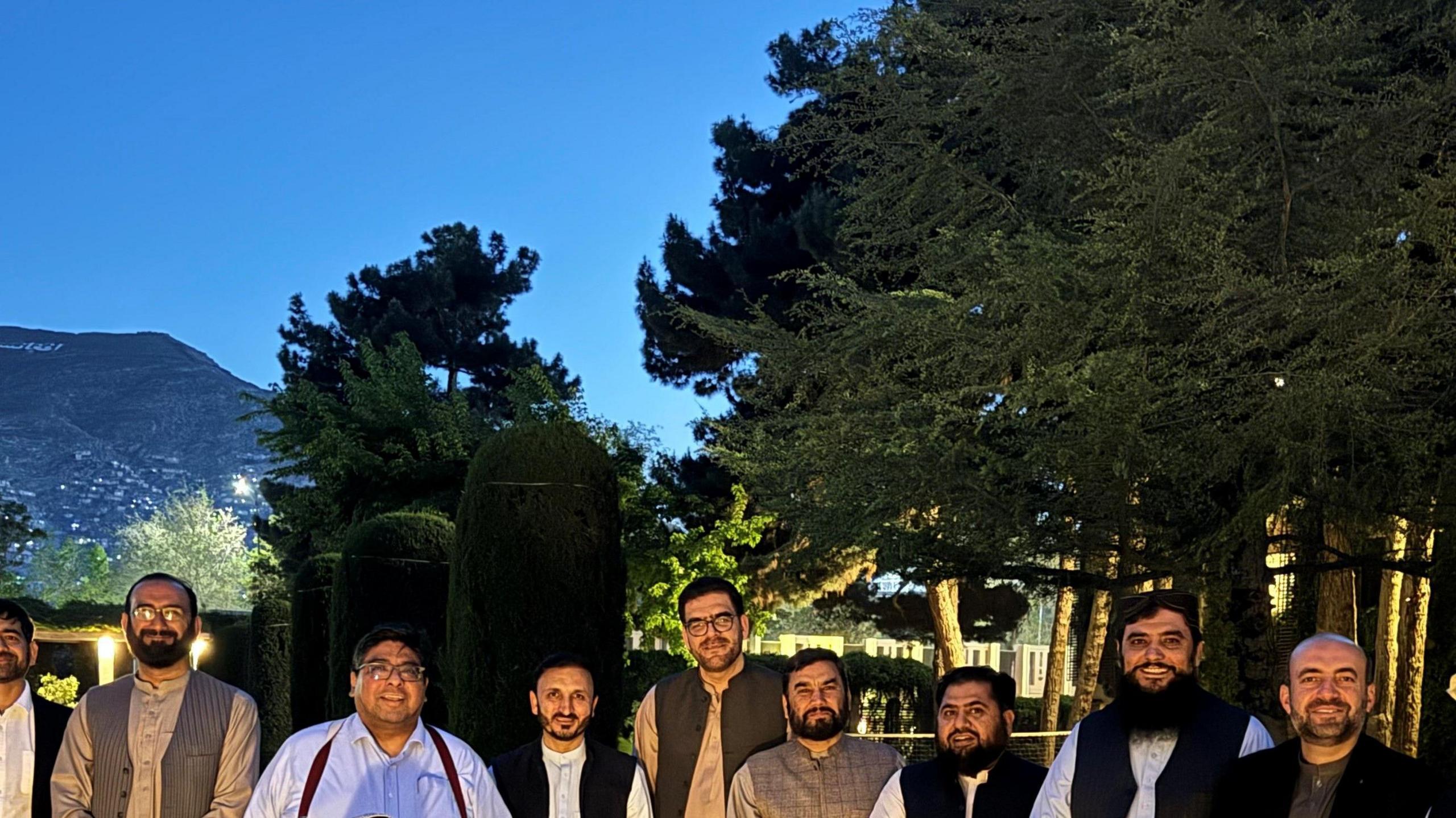
"Despite some differences in the country, everyone was highly motivated," said Dr Fernando
He also said it was "difficult to get a visa".
"In the end we were told, a week and a half before planned departure, that we’d get that on arrival.
"All trainers self-funded their travel and came from differing parts of the world," he said.
Dr Fernando said arriving in the country was "very different to how you might expect", describing the airport as "modern" and that they were looked after "very, very well".
"But the situation with babies dying in hospital is dire," he added.
Dr Fernando said the hospitals have limited facilities, including no ventilators even in the "main teaching hospital".
He added: "In the countryside, people have no access to trained healthcare professionals."
The course, led by Dr Fernando, is designed to help people train others in remote settings with limited resources to resuscitate babies within the first minute of their birth.
He said the course was "very effective" and easy to deliver.
"It literally will save babies lives," he said.
The doctor did a similar project through Rotary International, which is a global humanitarian organisation, in southern Pakistan in 2019.
In the future, he plans to return to Afghanistan to run further training.
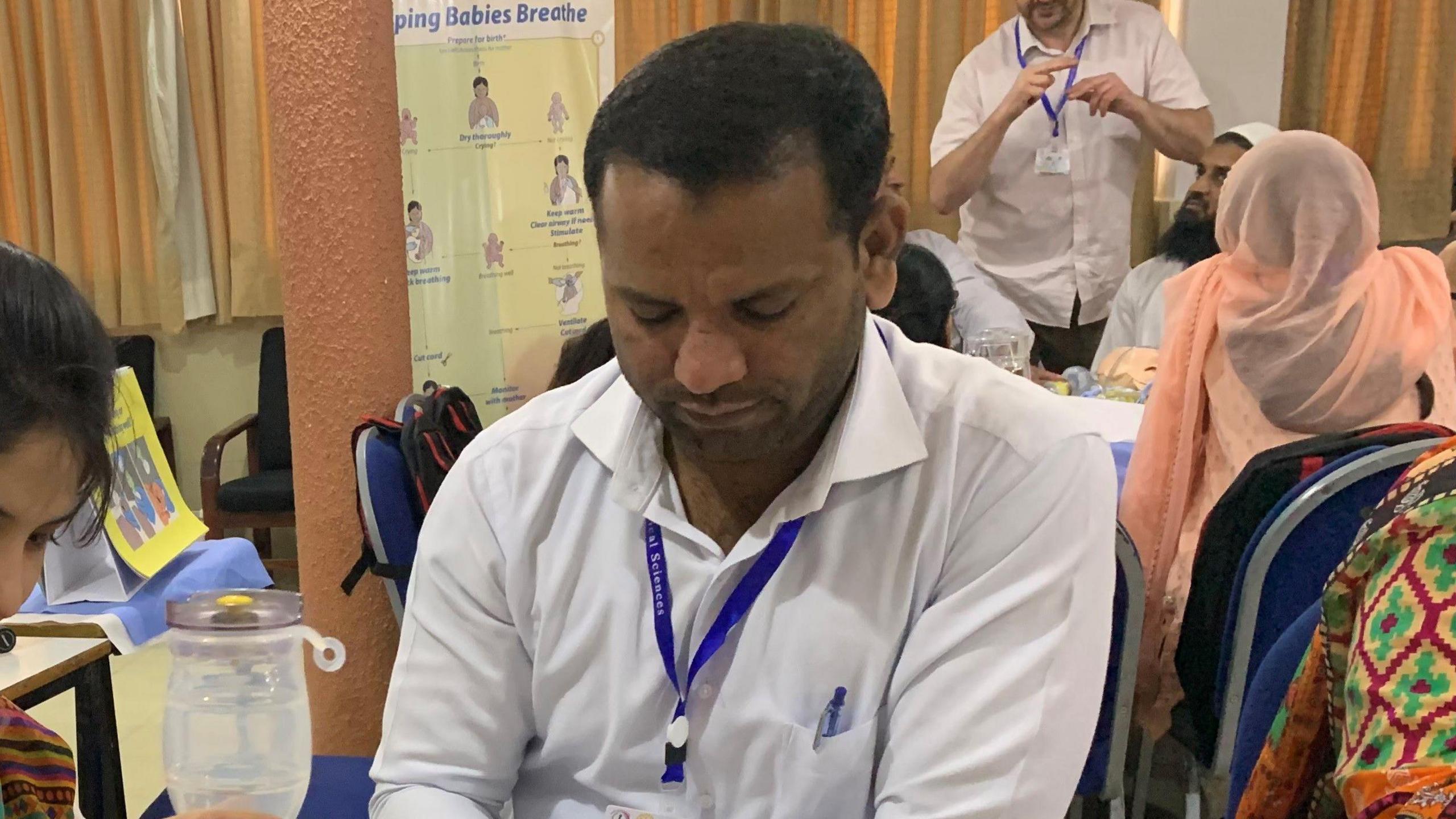
Dr Fernando also led training in Pakistan
There was a "golden minute of life where a baby’s life can be saved, by ensuring that the baby breathes", Dr Fernando added.
“That first minute is the most important part we teach in our training sessions, and we deliberately kept things simple, such as teaching people how to position the head – that can be lifesaving in itself.
"Even one baby who lives as a result of this, it's worth doing the project," he said.
Rotary International president representative to Afghanistan Katerina Kotsali, said she encourages "the implementation of any project alleviating the severe humanitarian crisis in the country".
“The ‘Help the Babies Breathe’ project not only contributes to improving maternal health and decreasing neo-natal mortality, but also elevates the role of Afghan women, and opens opportunities for the accomplishment of more projects in Afghanistan.
"Heartfelt congratulations to the volunteer doctors and team, with Michael Fernando ahead, for creating hope in a country that desperately needs humanitarian aid," she added.
Get in touch
Tell us which stories we should cover in Somerset
Follow BBC Somerset on Facebook, external and X, external. Send your story ideas to us on email or via WhatsApp on 0800 313 4630.
Related topics
- Published7 January 2024
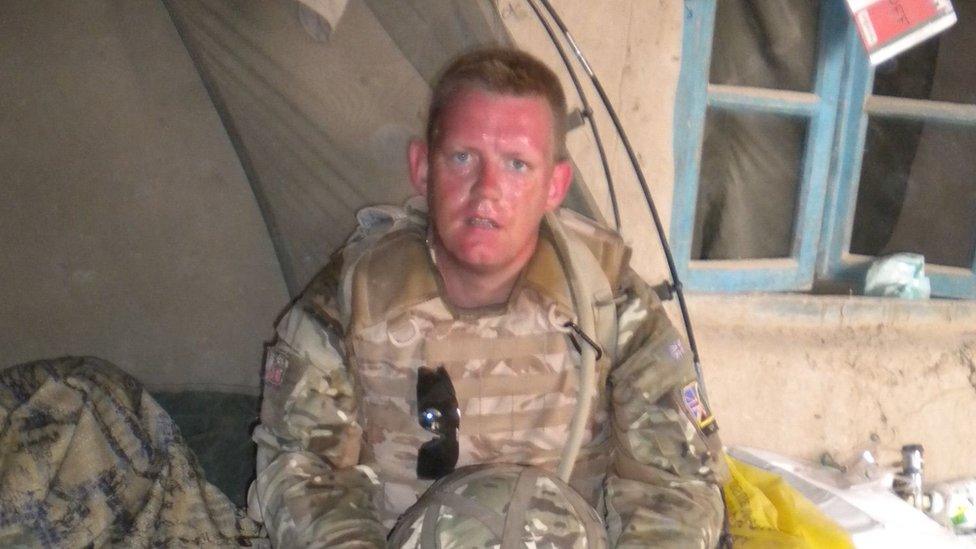
- Published30 January 2024
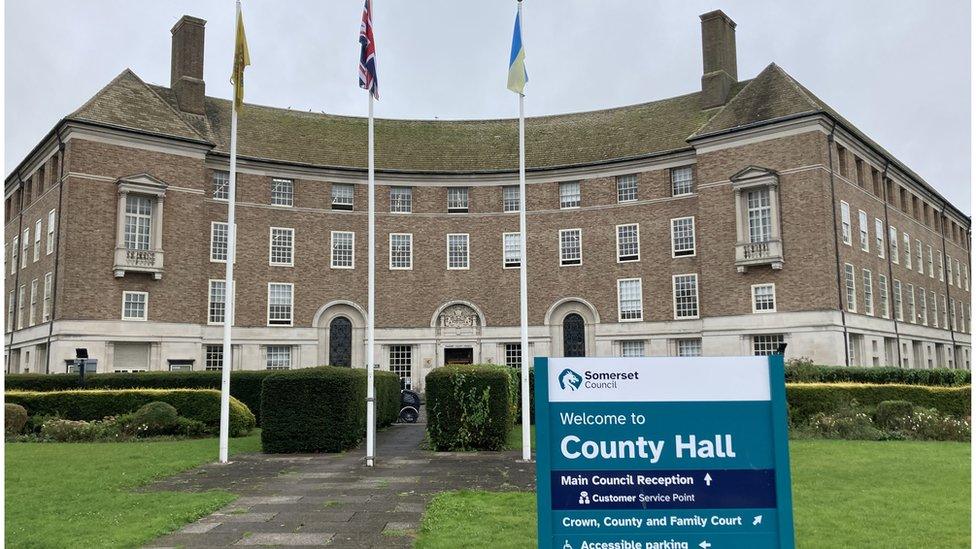
- Published9 September 2024
